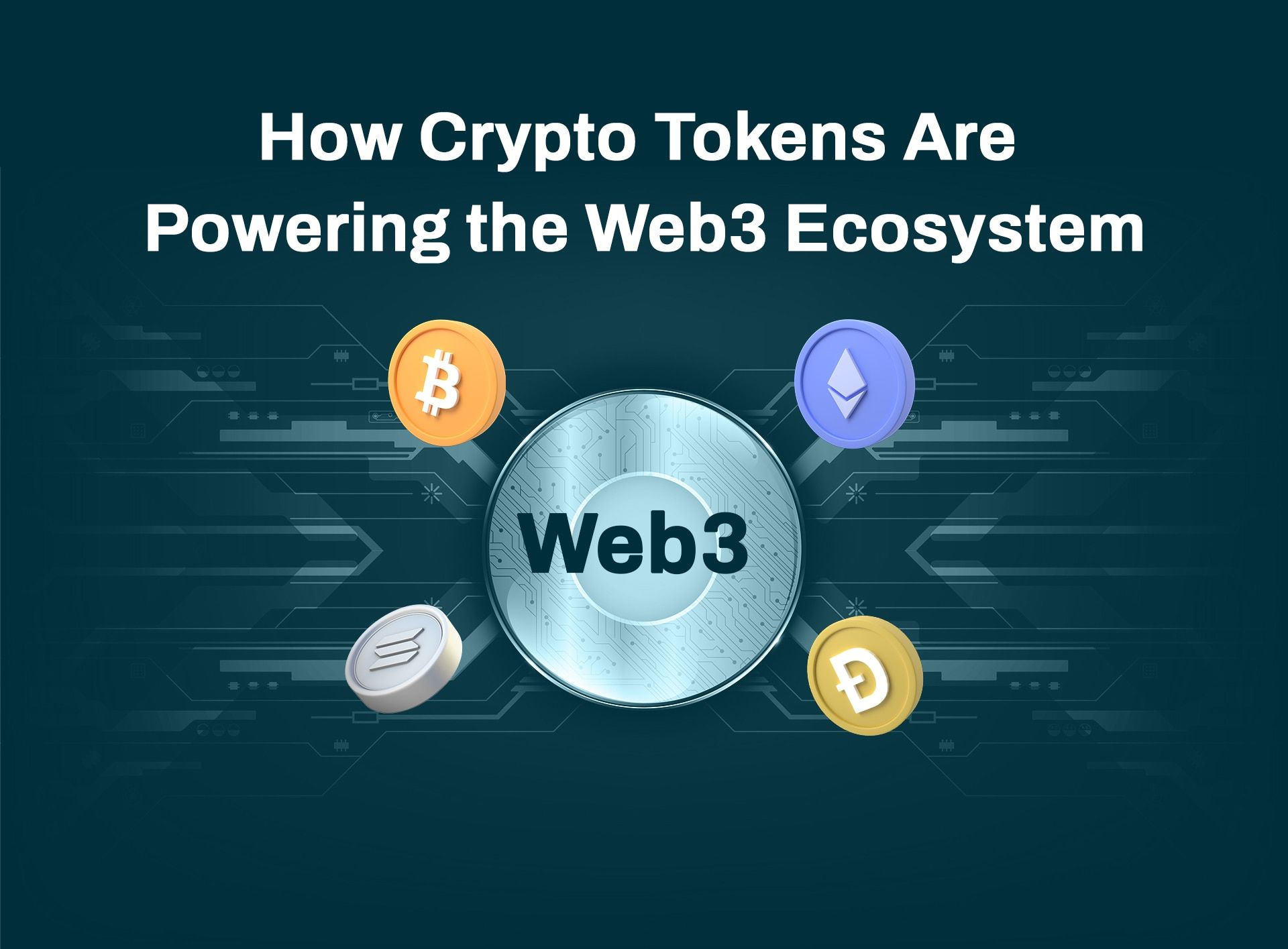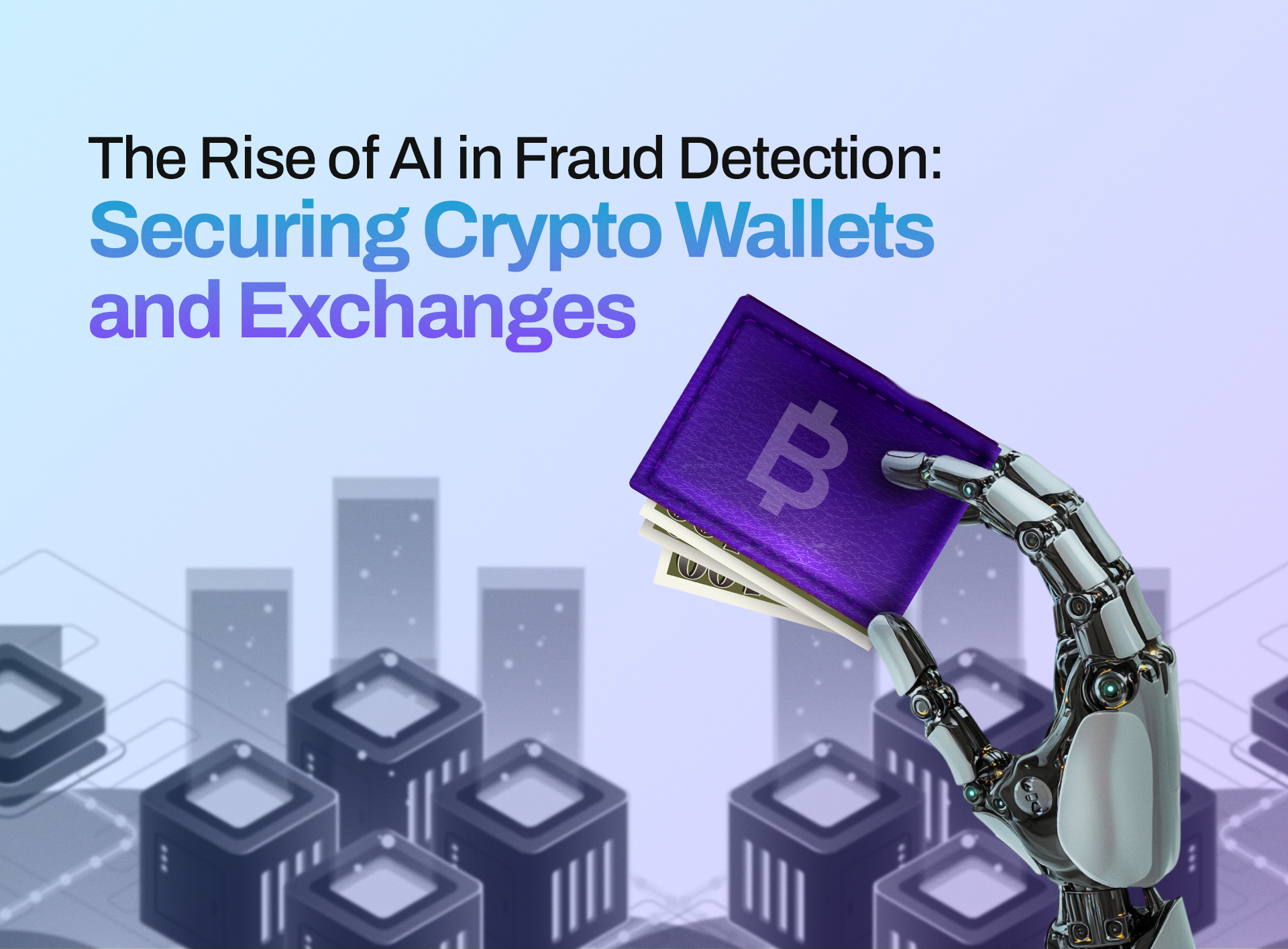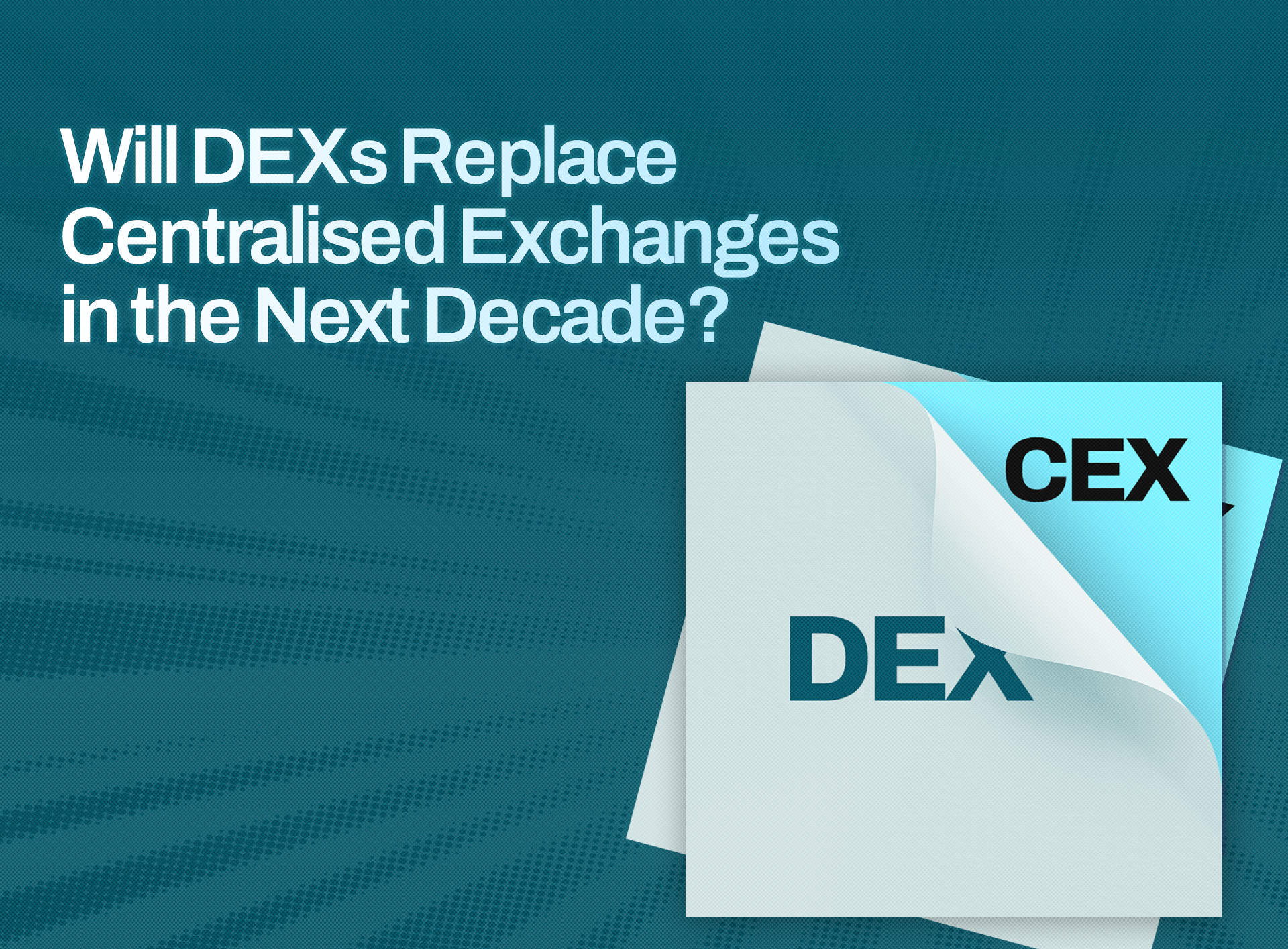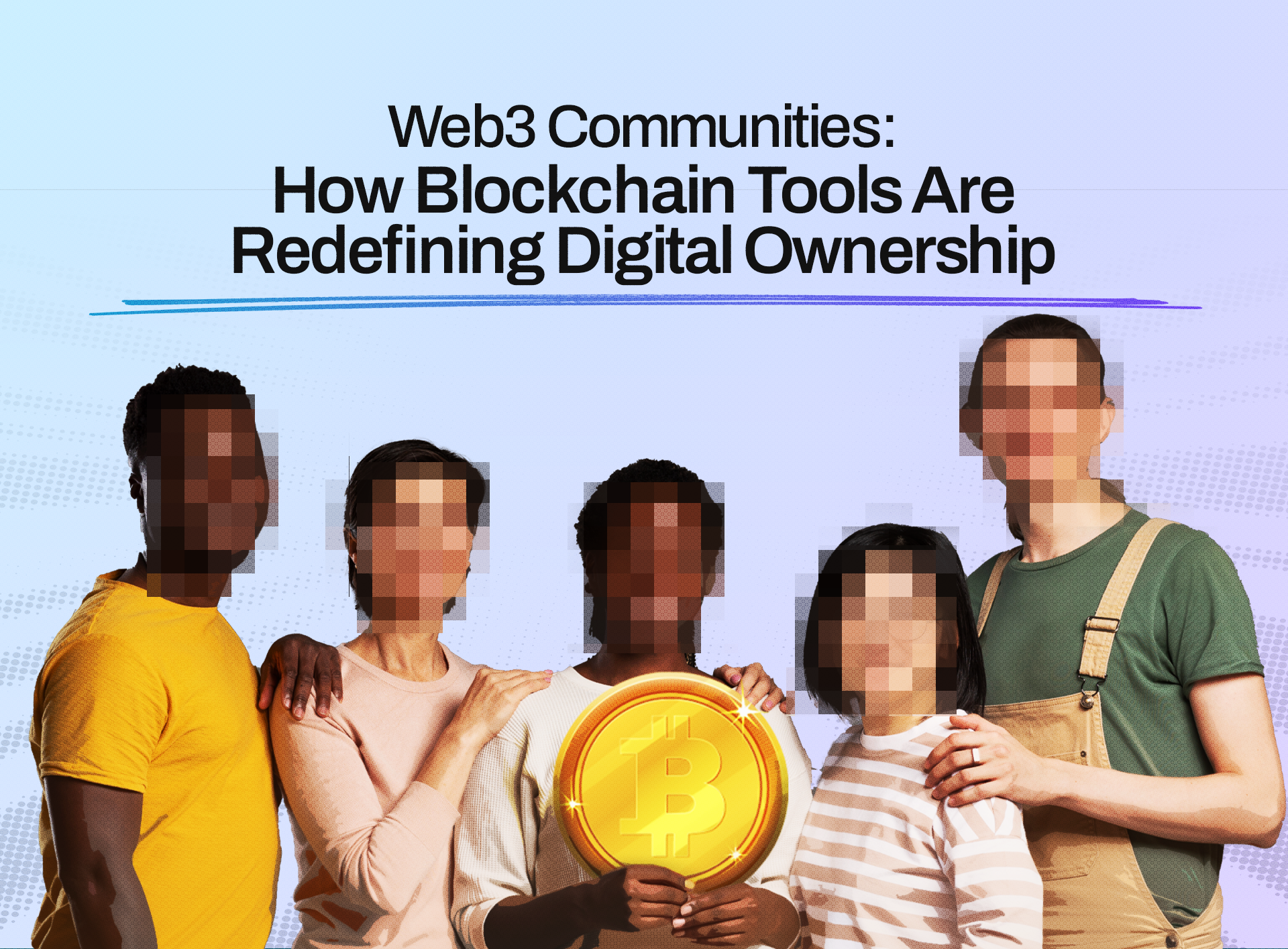The Web3 ecosystem is more than a buzzword; it represents a shift in how we interact with the digital world.
At the heart of this transformation are crypto tokens, which serve as the lifeblood of decentralized systems.
From enabling seamless transactions to fostering new economic models, crypto tokens play a crucial role in Web3's adoption and growth.
In this blog post, we’ll explore how these tokens are powering the Web3 revolution and reshaping industries.
What Are Crypto Tokens?
Crypto tokens are digital assets built on blockchain technology. Unlike cryptocurrencies such as Bitcoin, designed primarily for peer-to-peer transactions, crypto tokens can serve multiple purposes within a blockchain-based ecosystem. They are often categorized as:
- Utility Tokens: Access specific services or products within a platform (e.g., Ethereum's ERC-20 tokens).
- Security Tokens: Represent ownership of assets, similar to traditional securities.
- Non-Fungible Tokens (NFTs): Unique tokens representing digital or physical assets, popular in art and gaming.
Each of these token types plays a pivotal role in the broader Web3 ecosystem, enabling functionalities that were previously impossible with traditional systems.
The Role of Crypto Tokens in Web3
1. Decentralization and Ownership
One of the key pillars of Web3 is decentralization. Crypto tokens empower users by giving them ownership and control over their data and digital assets. Unlike Web2 platforms, where centralized entities dictate the rules, Web3 platforms leverage tokens to distribute power among users.
For example:
- NFTs allow creators to own and monetize their work directly.
2. Incentivizing Participation
Crypto tokens are used to reward participants in decentralized ecosystems. Platforms like Ethereum and Solana incentivize users, developers, and validators to contribute to the network.
- Staking tokens enable users to earn passive income while securing the network.
- Gamified platforms reward players with tokens, fostering engagement and loyalty.
3. Facilitating Transactions
The seamless transfer of value is a cornerstone of Web3, and crypto tokens make this possible. Unlike traditional payment systems, tokens enable:
- Instant cross-border transactions.
- Low fees due to the elimination of intermediaries.
- Micropayments, unlocking new monetization models for creators and platforms.
Real-World Applications of Crypto Tokens in Web3
1. Decentralized Finance (DeFi)
Crypto tokens are the backbone of DeFi, a sector that’s revolutionizing financial services. With DeFi platforms, users can lend, borrow, or trade without traditional banks. Tokens like Uniswap, MrMint, and Aave facilitate these processes while rewarding users for their participation.
2. Gaming and Metaverse
In the gaming industry, tokens enable true ownership of in-game assets. Games like Axie Infinity allow players to earn tokens that can be traded or used to improve gameplay. Similarly, in the metaverse, tokens enable users to buy virtual real estate, items, and experiences, creating a robust digital economy.
3. Supply Chain Transparency
Tokens are also improving supply chain management by ensuring transparency and traceability. Blockchain-based systems can issue tokens to represent goods, enabling stakeholders to track their movement in real-time.

Benefits of Crypto Tokens
1. Transparency
Every transaction involving crypto tokens is recorded on the blockchain, ensuring transparency and trust. This feature is particularly beneficial in industries like finance, healthcare, and supply chain management.
2. Security
Crypto tokens are built on blockchain technology, which is inherently secure. The use of cryptographic methods ensures that tokens cannot be counterfeited or tampered with.
3. Inclusivity
Tokens make financial services accessible to the unbanked population. Platforms like Stellar use tokens to provide banking services to remote areas, showcasing the inclusive potential of Web3.
4. Programmability
With the help of smart contracts, tokens can be programmed to perform specific functions automatically. This makes them highly versatile and valuable across various applications.
Conclusion
Crypto tokens are not just digital assets; they are the building blocks of the Web3 ecosystem. By enabling decentralization, facilitating transactions, and driving innovation, they are shaping the future of technology and economics.
As we stand on the brink of a decentralized revolution, the importance of understanding and adopting crypto tokens cannot be overstated.
So, are you ready to embrace the future and explore the endless possibilities of Web3?
Disclaimer: This article was written to provide guidance and understanding. It is not an exhaustive article and should not be taken as financial advice. Obiex will not be held liable for your investment decisions.




